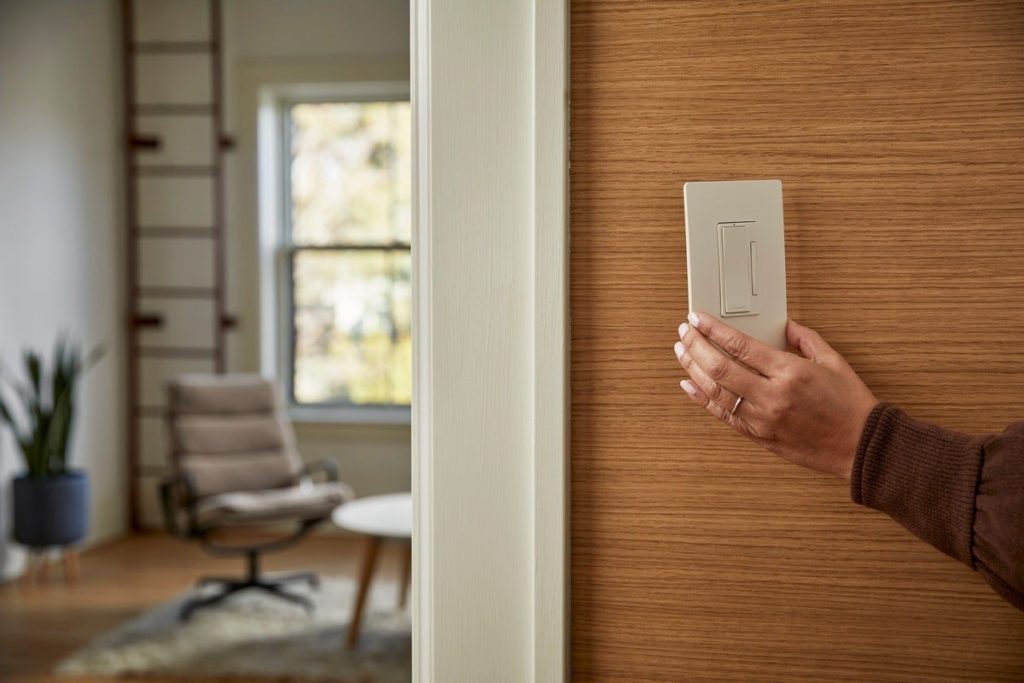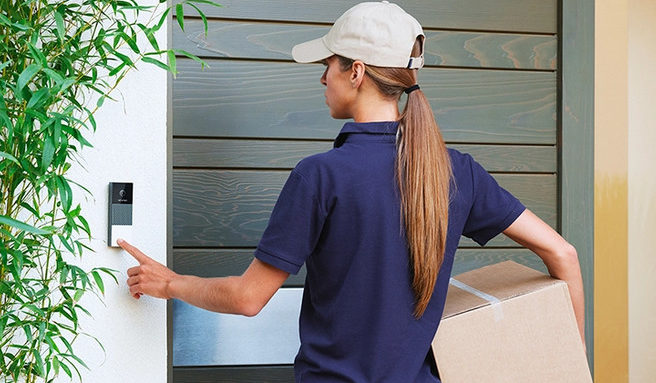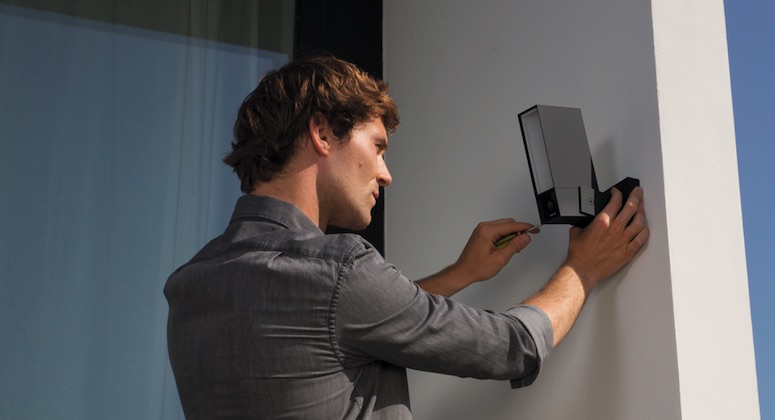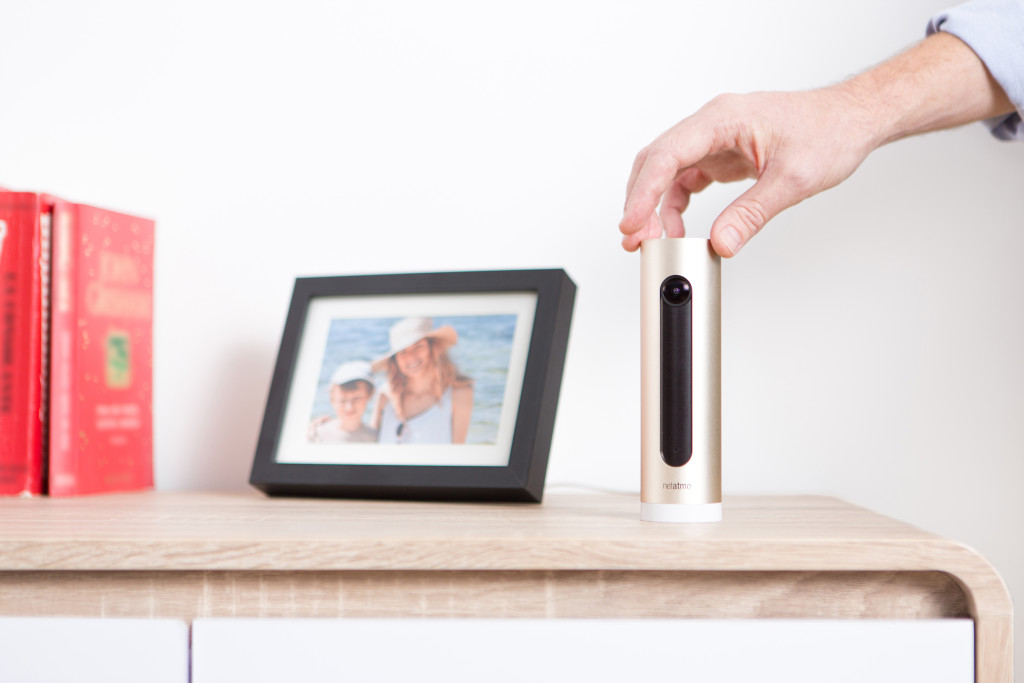Elon Musk’s SpaceX satellite broadband company is getting into the IoT with the acquisition of Swarm, a smallsat IoT connectivity provider. We talk about that deal, plus what it means that Helium scored $111 million in funding led by Andreessen Horowitz. After that, we talk about malvertising infiltrating the IoT and the Samsung smartwatch that launched Wednesday. We also discuss the creation of a virtual border wall built with surveillance tech and facial recognition. In other news, Wyze has a new camera option, there’s a connected sump pump on the market, and Legrand is using Netatmo’s tech to launch battery-powered light switches that can control pre-installed Legrand dimmers and switches, allowing them to work as a remote control for existing switches. Finally, we answer a listener question about older Insteon gear and telnet.

Our guest this week is Rob Aitken, a fellow and director of technology at Arm, who came on the show to discuss the new priorities in designing chips now that Moore’s Law is less of a driver for innovations in silicon. His argument is that price-performance per watt is the new focus for designers, although flexibility and cost still matter a lot. We talk about the drivers for chip innovation in the past and he also shares his thoughts on a future where chip design is less focused on the latest process node, and embraces older alternatives. This might also help us mitigate some of the problems associated with the chip shortage. Aitken packs a lot of insights into his interview, and you’ll learn something even if you aren’t a huge chip nerd.
Hosts: Stacey Higginbotham and Kevin Tofel
Guest: Rob Aitken, a fellow and director of technology at Arm
Sponsors: Very
- Why Swarm got snapped up by SpaceX
- Helium’s 5G network needs more details
- Samsung’s new smartwatch isn’t bad
- Why Moore’s Law matters less
- Chip designers have more freedom to play without Moore’s Law
Podcast: Play in new window | Download | Embed
Subscribe: RSS



